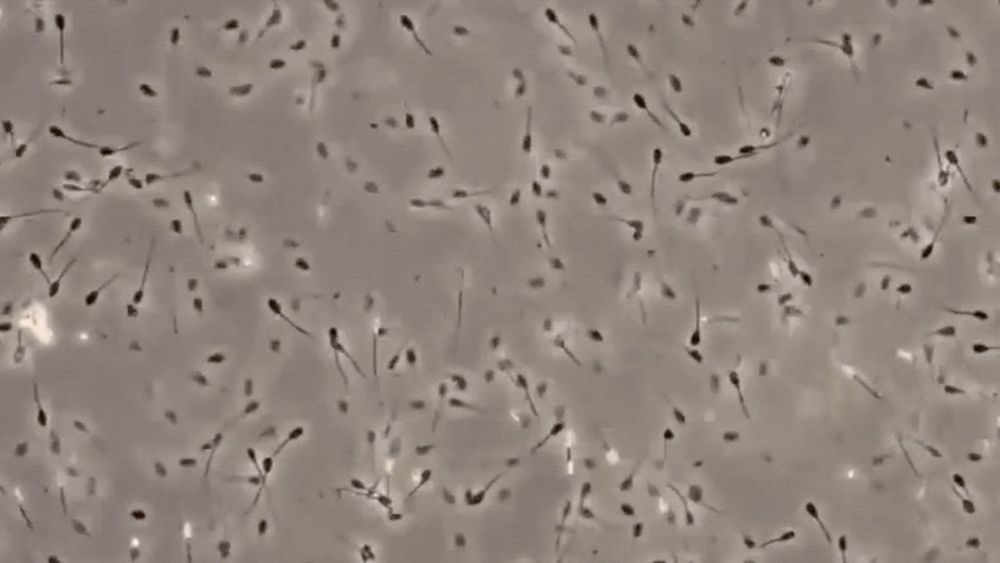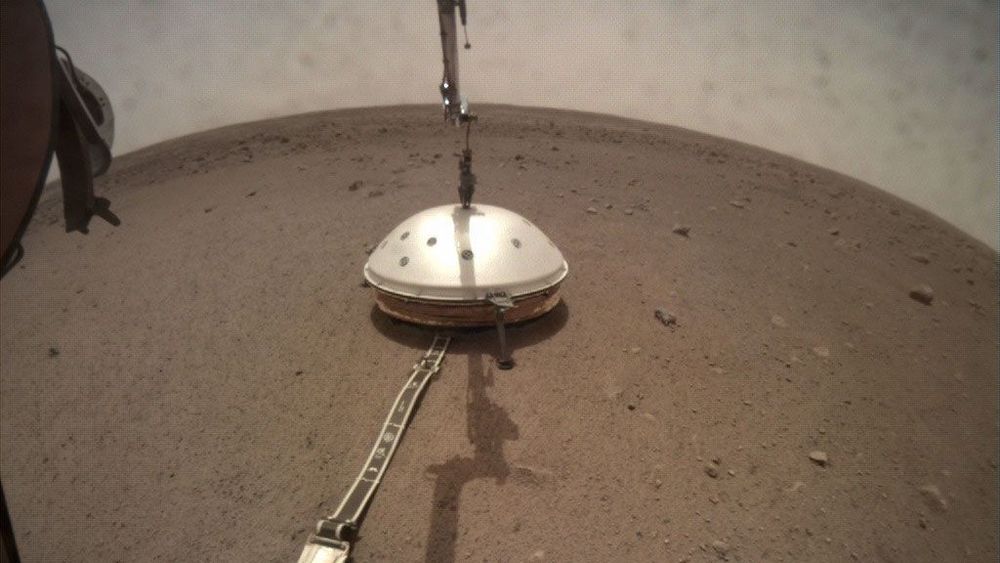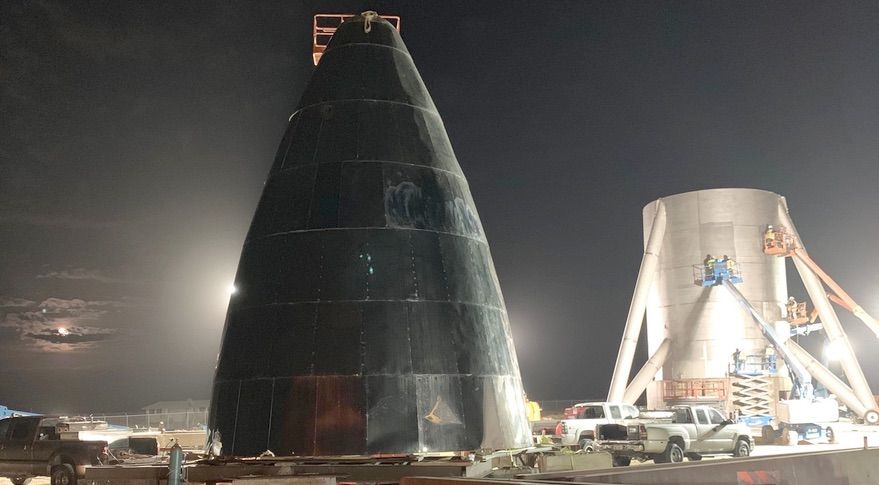Following SpaceX’s successful debut launch, rendezvous, and recovery of Crew Dragon, NASA has published official photos documenting the scorched spacecraft’s Atlantic Ocean splashdown, GO Searcher’s recovery, and the duo’s return to Port Canaveral shortly thereafter.
Aside from offering a number of spectacularly detailed views of Crew Dragon after its inaugural orbital reentry, NASA’s photos also provide an exceptionally rare glimpse of the spacecraft’s PICA-X v3 heat shield, revealing a tiled layout that is quite a bit different from Cargo Dragon’s own shield. A step further, CEO Elon Musk offered updates on March 17th about progress being made towards a new, metallic heat shield technology meant to make ablative shields like those on Dragon outdated, serving as a striking bit of contrast to SpaceX’s newest spacecraft, potentially just a dozen or two months away from already becoming anachronistic.
Read more









